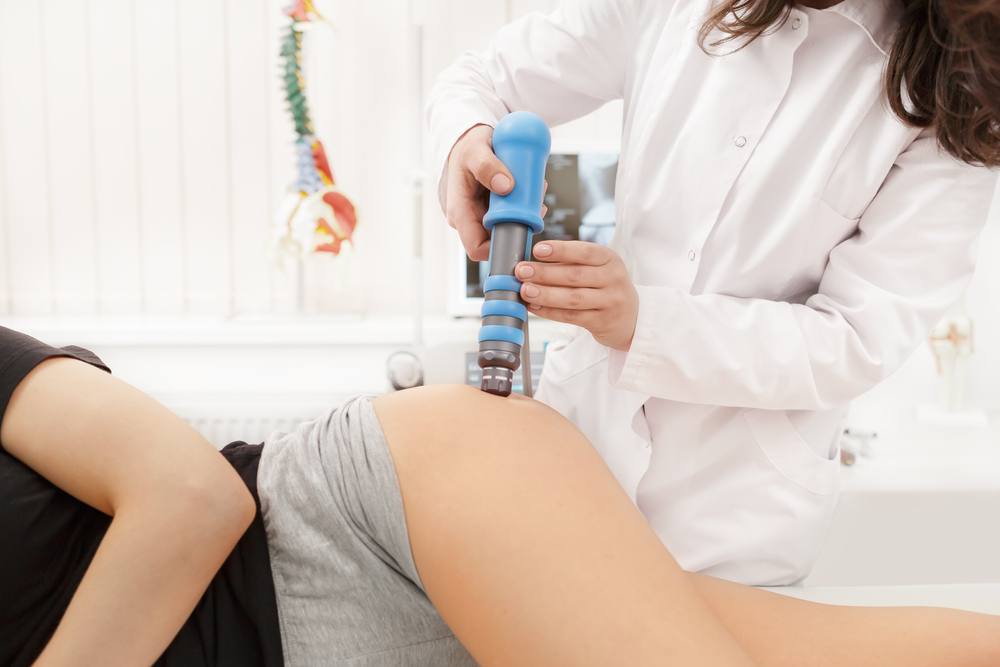The buttocks are made up of muscles called the gluteal muscles. There are three different muscles in the gluteal region, namely:
- Gluteus Maximus. The largest and most superficial tissue. It is responsible for producing the shape of the buttocks. It is the primary muscle responsible for the extended contraction of the thigh. It also assists with lateral rotation. This muscle only works when force is necessary, such as in running or cycling.
- Gluteus Medius. It is a fan-shaped muscle located between the gluteus maximus and the gluteus minimus. It abducts (move away from the midline) or medially rotates (move near or toward the midline) the lower limbs. It also safeguards the pelvis during locomotion to prevent a pelvic drop on the opposite limb.
- Gluteus Minimus. It is the deepest and the smallest gluteal muscle with a similar shape and function like the gluteus medius.
When a person suffers from a buttocks pain, a gluteal injury might be the underlying cause. It is when the gluteal muscles have been injured or damaged due to various reasons, which is commonly by trauma.


